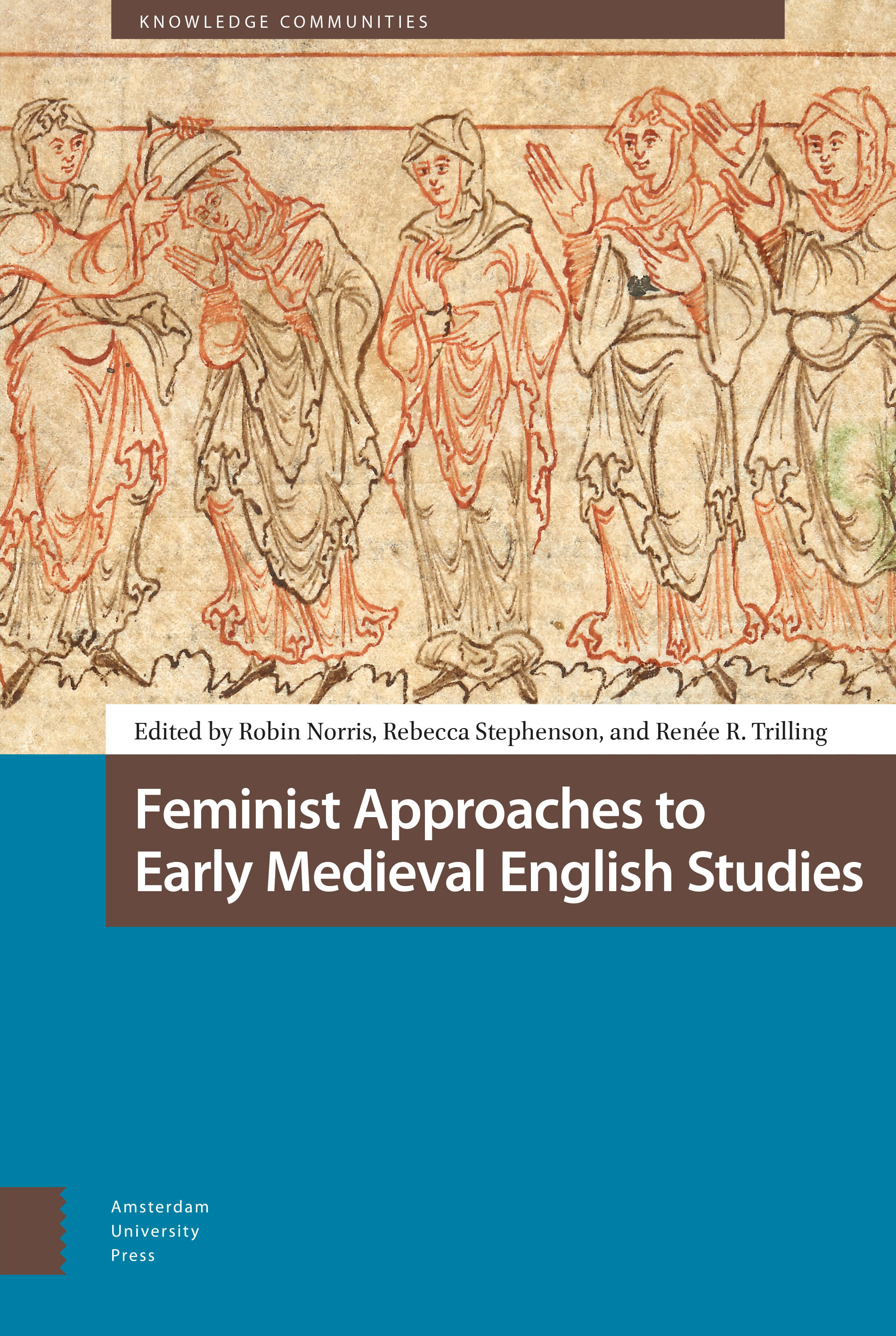12 - A Road Nearly Taken: An Eighth-Century Manuscript in a Woman’sHand and Franco-Saxon Nuns in Early Medieval English IntellectualHistory
Published online by Cambridge University Press: 19 April 2023
Summary
Abstract
Some medieval studies scholarship has foregrounded perceived shortcomingsin scribal hands as well as mistakes in the Latin of a constellation oftexts and books from late seventh- and early eighth-century Englishfoundations. These assessments have diverted scholarly attention fromthese otherwise revealing works. By recentering these textual artifactsby means of historical, literary, paleographical, and documentaryresearch, the Frankish influence on early English religion and learningcan be recovered, and at least one extant manuscript may be ascribed toa nun’s hand: an early eighth-century copy of Isidore ofSeville’s Synonyma written by an anonymous nunin the monastery at Bath.
Keywords: Early medieval England, manuscript studies, womenscribes, literary history
Introduction
In a foundational survey of evidence for women owning and writing books inearly medieval England, Michelle P. Brown notes, “extant booksproduced in early Anglo-Saxon England offer only slender evidence of femaleproduction or ownership.” Naturally, we find what we look for. AsClare Lees and Gillian Overing have asked and answered,“Women’s writing in the early Anglo-Saxon period? Women?Writing? What, were they writing? Of course they were. We just need to read,listen, and write our literary histories differently.” One way toread differently is to examine a cluster of late seventh- and earlyeighth-century texts and manuscripts that are frequently marginalized, andthus understudied, but for which there is some evidence that they may havebeen produced in circles of women readers and writers. These circles can belocalized to southwest Mercia in centres that eventually became part of theWorcester diocese. While the Frankish church was a powerful influence on thenascent English church, notably in Kent and Northumbria, there is evidenceof a localized impact at a nunnery in Bath in the decades before and afterthe year 700. This evidence is largely diplomatic, but it is alsocodicological; a handful of books and fragments survive that show Frankishinfluence in script and construction. This Frankish influence manifests inhandwriting that has been judged by scholars to be lesser or faulty, thusrelegating these manuscripts to the sidelines of literary and intellectualhistory.
- Type
- Chapter
- Information
- Feminist Approaches to Early Medieval English Studies , pp. 343 - 376Publisher: Amsterdam University PressPrint publication year: 2023



